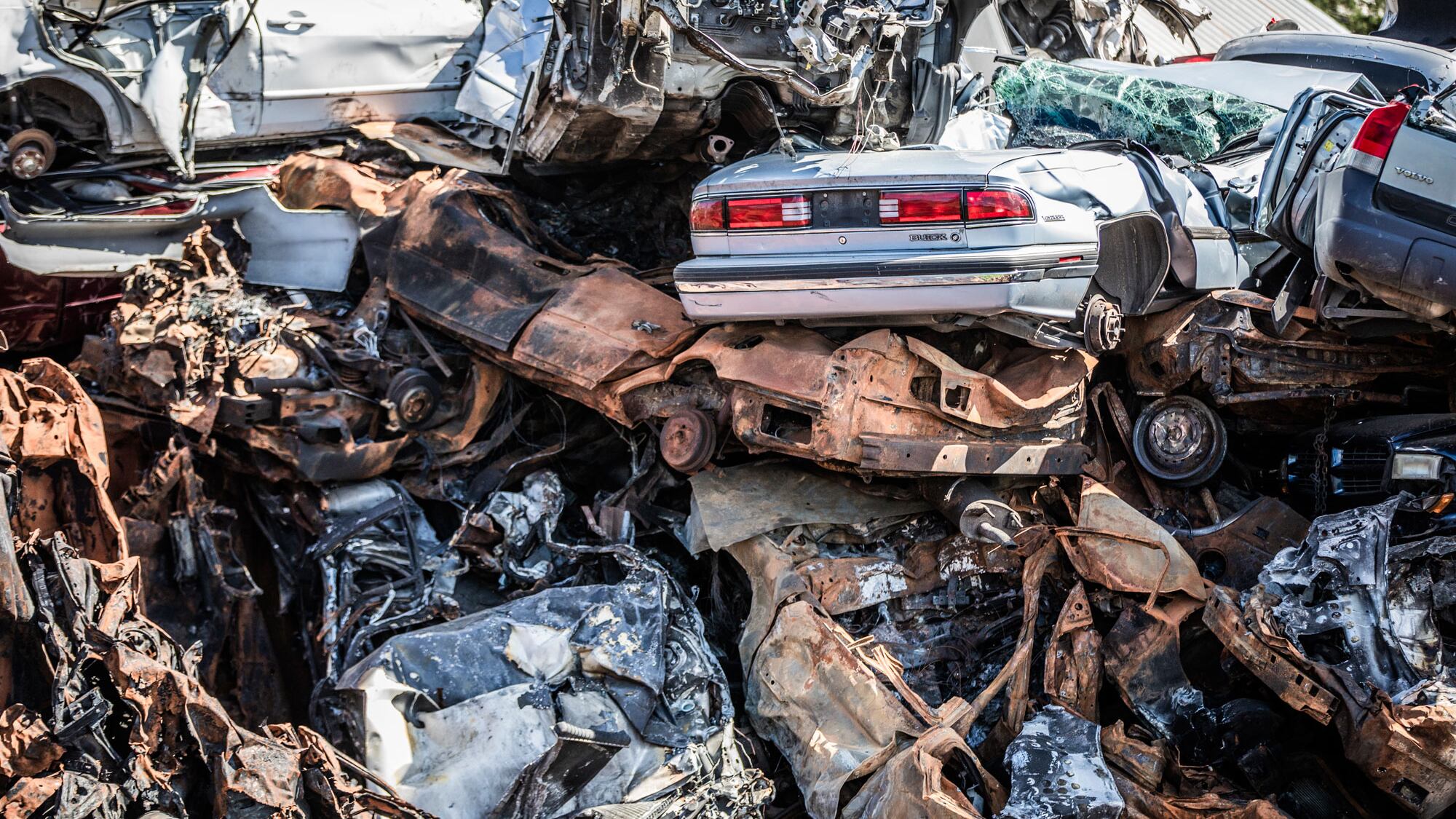Bill of the Week: Senate Bill 792
Chief Sponsors:
Sen. Lew Frederick (D-Portland) and House Speaker Tina Kotek (D-Portland)
What Problem It Seeks to Solve:
Auto scrapyards handle a significant amount of highly toxic materials—as became clear in 2018 after a tire fire at NW Metals sent toxic smoke billowing across Portland's Cully neighborhood ("Hot Rods," WW, July 4, 2018).
What the Bill Would Do:
It would significantly increase the number of inspections such scrapyards receive. It would require yearly inspections by Oregon Driver and Motor Vehicles Services. DMV would look at the number of tires onsite and the use of metal shredders, among other inspections. Sites with more than 100 tires would be required to get a permit from the state Department of Environmental Quality. The bill would also require yearly inspections by the local fire department. Scrapyards would need a credit line of $100,000 for disasters—up from $10,000.
Who Supports It:
Lawmakers representing Cully want a fix. "Last year's devastating fire in Cully showed we need to strengthen enforcement and oversight of auto dismantlers," said Kotek, who represents the neighborhood, in a statement. The bill originally would have required auto dismantlers to be regulated like other solid-waste dumps inspected by the Department of Environmental Quality. But that would have required more inspectors at DEQ, and scrapyard owners balked. So the bill was scaled back. Kotek says it's still useful: "More inspections, stronger reporting requirements, better fire safety measures and coordination between agencies will help us avert further public health risks to communities who live near these facilities."
Who Opposes It:
In its current form, there are calls for significant changes—from the Oregon Environmental Council and Verde, the nonprofit that has done the most to push local changes to address the NW Metals fire. "The current iteration does not fully address the loophole that allows NW Metals to operate," says Oriana Magnera, climate and energy policy coordinator for Verde, which wants a task force to look at the issue before any legislation is passed. Other environmental groups also think the bill is flawed. "With facilities that are handling this kind of material, there needs to be people with environmental expertise in an oversight process from beginning to end," says Jennifer Coleman, health outreach director for the Oregon Environmental Council. "There's no mechanism to do that without DEQ oversight. This may be an OK first step, but it's not going to protect the communities that need to be protected."

